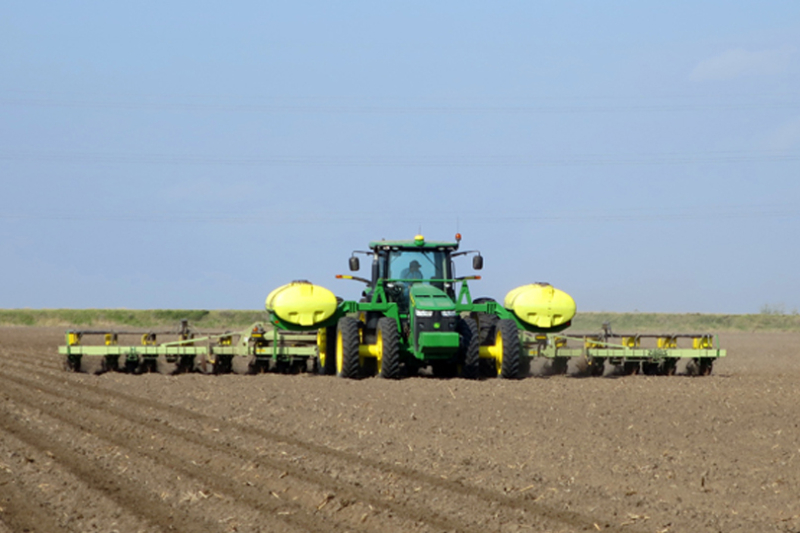By Julie Tomascik
Editor
Texas agriculture continues to face financial challenges that threaten the livelihoods of farmers and ranchers across the state. HB 43 by Rep. Stan Kitzman aims to address those concerns by strengthening the Texas Agricultural Finance Authority (TAFA) and expanding financial support programs to better serve farmers and ranchers.
During a recent hearing before the House Committee on Agriculture and Livestock, Texas Farm Bureau President Russell Boening testified in support of HB 43, emphasizing the need for immediate action to help farmers and ranchers recover from years of adversity.
“The last five years have been exceptionally challenging for Texas farmers and ranchers,” Boening said. “The combination of natural disasters, rising input costs, low commodity prices and loss of agricultural land has created a perfect storm, threatening the livelihoods of thousands of producers.”
TAFA, created in 1987, is a program within the Texas Department of Agriculture. The program plays a vital role in supporting the state’s agricultural economy by offering grants, loan guarantees and interest rate reductions.
Interest Rate Reduction Program changes
HB 43 proposes changes to the interest rate and grant programs to benefit more farmers and ranchers.
Changes to the Interest Rate Program include removing the age restriction to make assistance available to all farmers and ranchers. Currently, the program is limited to producers ages 18 to 46.
It increases the loan eligibility from $500,000 to $1 million. It also decreases the maximum amount of interest farmers pay by an additional 3%, ensuring farmers pay more principle than interest, which would free up capital for operations.
Young Farmer Grant Program changes
Under HB 43, the age restriction for the Young Farmer Grant Program would be eliminated, allowing more producers to qualify.
The maximum grant amount would increase from $20,000 to $500,000, and the required matching amount would be lowered from 100% to 10% to make the grants more accessible.
HB 43 would also expand program eligibility to include agribusinesses that are essential to production agriculture.
Agricultural challenges
A series of devastating natural disasters—including severe drought, floods, storms and hurricanes—have hit the state over the last several years.
The financial impact on Texas agriculture has been staggering.
In 2022, losses amounted to $6.4 billion, followed by $4.8 billion in 2023 and $3.4 billion in 2024. Texas has led the nation in total agricultural losses to weather disasters for the last three years.
“These catastrophic losses highlight the urgent need for support and intervention from the Texas Legislature to help Texas agriculture not only survive, but to thrive,” Boening said.
In addition to natural disasters, Texas farmers and ranchers have faced increased inputs for feed, seed, fertilizer and fuel, while prices for commodities have remained relatively low.
“Despite their hard work and dedication, many producers struggle to break even, let alone make a profit,” Boening said. “The increased expenses and low commodity prices have squeezed profit margins, making it difficult for producers to survive to the next season.”
HB 43 provides solutions by modernizing TAFA programs to offer the financial flexibility needed to navigate the current economy and plan for the future.
“We urge this committee to consider the proposed improvements in HB 43 as a vital step towards addressing these challenges and ensuring the survival of farmers and ranchers across the state,” Boening said.


Many Agricultural Farmers and ranchers need assistance now not in a month orore. They have been trying to work with lenders and many lenders are no willing to wait any longer. The sooner the bill is passed and funds distributed maybe a few farmers and ranchers can remain. The livelihood of every American relies on Agricultural in some form or fashion.
I live and work on my family’s farm. We have operated at a loss for the last several years! I spend all my free time working on the farm wherever needed. The only reason we are still afloat is my job as a nurse! Farmers and ranchers need a reprieve from from the hardships that have come our way.